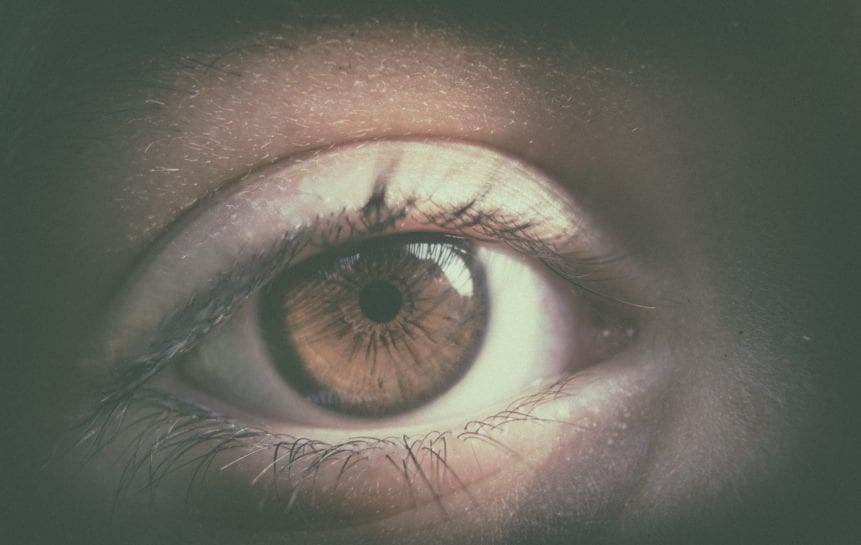What’s the Best Way to Store Your Contact Lenses?
23rd Aug 2017

We’re seeing more and more people switch from glasses to contact lenses, due to both practical and aesthetic reasons. Some wear contact lenses for safety and comfort during sporting activities, others for a Mia Thermapolis inspired makeover. Whatever the reason, it’s important to store contact lenses correctly, to protect your eyes from infections.
If you wear daily contact lenses, you have the convenience of disposing of them after every wear. For all other types of contact lenses, there’s only one way to store them: in a sterile contact lens case, filled with contact lens solution. Contact lens cases should be replaced or cleaned with contact lens solution every three months, and expired contact lens solution must be discarded.
How to Store Your Contact Lenses
- First, wash your hands thoroughly with soap and water to remove any dirt and bacteria. Dry on a lint free towel.
- Carefully remove your contact lenses and rub them individually with a few drops of contact lens solution.
- Place in the correct compartment, i.e. right lens in the ‘R’ compartment and the left in the other.
- Make sure there’s enough solution in the case. If it’s only half full, don’t top it off. Empty the solution, clean it with more solution and add a new supply.
Despite popular belief, tap water can’t be used when storing contact lenses, even temporarily. Tap water hosts a microbe called Acanthamoeba, which can cling on to contact lenses, morph into a cyst and cause eye infections. This happens because soft lenses absorb water, and in turn absorb the bacteria in it. Eye infections often occur when people go swimming or take a shower without removing contact lenses.
But even without the risk of eye infections, wearing contact lenses that have been stored in tap water is just plain painful! Protect your eyes by removing contact lenses before coming into contact with water and use fresh contact lens solution instead of tap water, saliva, homemade contact lens solution or any other internet solutions. If you’re unsure of anything, contact your local optometrist or ophthalmologist.
If you’re storing your contact lenses for a long period of time, check with your optometrist to see if the lenses need further disinfecting before wearing again. If you usecontact lenses sporadically, investing in daily contact lenses could work out to be a smarter and safer investment. Remember to go in for an eye examination every 6-12 months to keep your prescription up to date and your eyes in a healthy state.